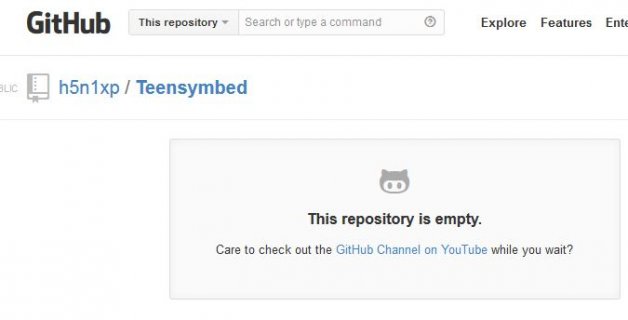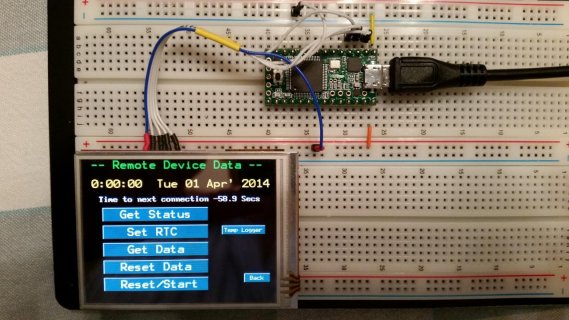Hi All,
I really like the Teensy Hardware and appreciate the power of the Arduino platform as a brilliant way to get started with micro controllers. But I must be honest, I prefer the mbed API, it feels more modern.
I have been using the mbed for a few years now and I have a lot of projects built on it. But the Teensy 3.1 was just too exciting to ignore, so I bought one and have found it a fantastic piece of hardware! I wanted to run my old mbed projects on the Teensy without having to rewrite them entirely from scratch, so I have written a simple mbed API compatibility layer on top of Teensyduino. I publish it here in case others will find it useful.
At the moment only the DigitalIO, PWM and some of the timer classes are supported, but I hope to add the rest in as I have time. The git repository is public, feel free to commit bug fixes and improvements if you can. As I learn the MK20DX hardware better, I will rewrite the methods to hit the hardware directly, I hope the more technical member of this forum will help too.
https://github.com/h5n1xp/Teensymbed.git
Enjoy.
I really like the Teensy Hardware and appreciate the power of the Arduino platform as a brilliant way to get started with micro controllers. But I must be honest, I prefer the mbed API, it feels more modern.
I have been using the mbed for a few years now and I have a lot of projects built on it. But the Teensy 3.1 was just too exciting to ignore, so I bought one and have found it a fantastic piece of hardware! I wanted to run my old mbed projects on the Teensy without having to rewrite them entirely from scratch, so I have written a simple mbed API compatibility layer on top of Teensyduino. I publish it here in case others will find it useful.
At the moment only the DigitalIO, PWM and some of the timer classes are supported, but I hope to add the rest in as I have time. The git repository is public, feel free to commit bug fixes and improvements if you can. As I learn the MK20DX hardware better, I will rewrite the methods to hit the hardware directly, I hope the more technical member of this forum will help too.
https://github.com/h5n1xp/Teensymbed.git
Enjoy.



